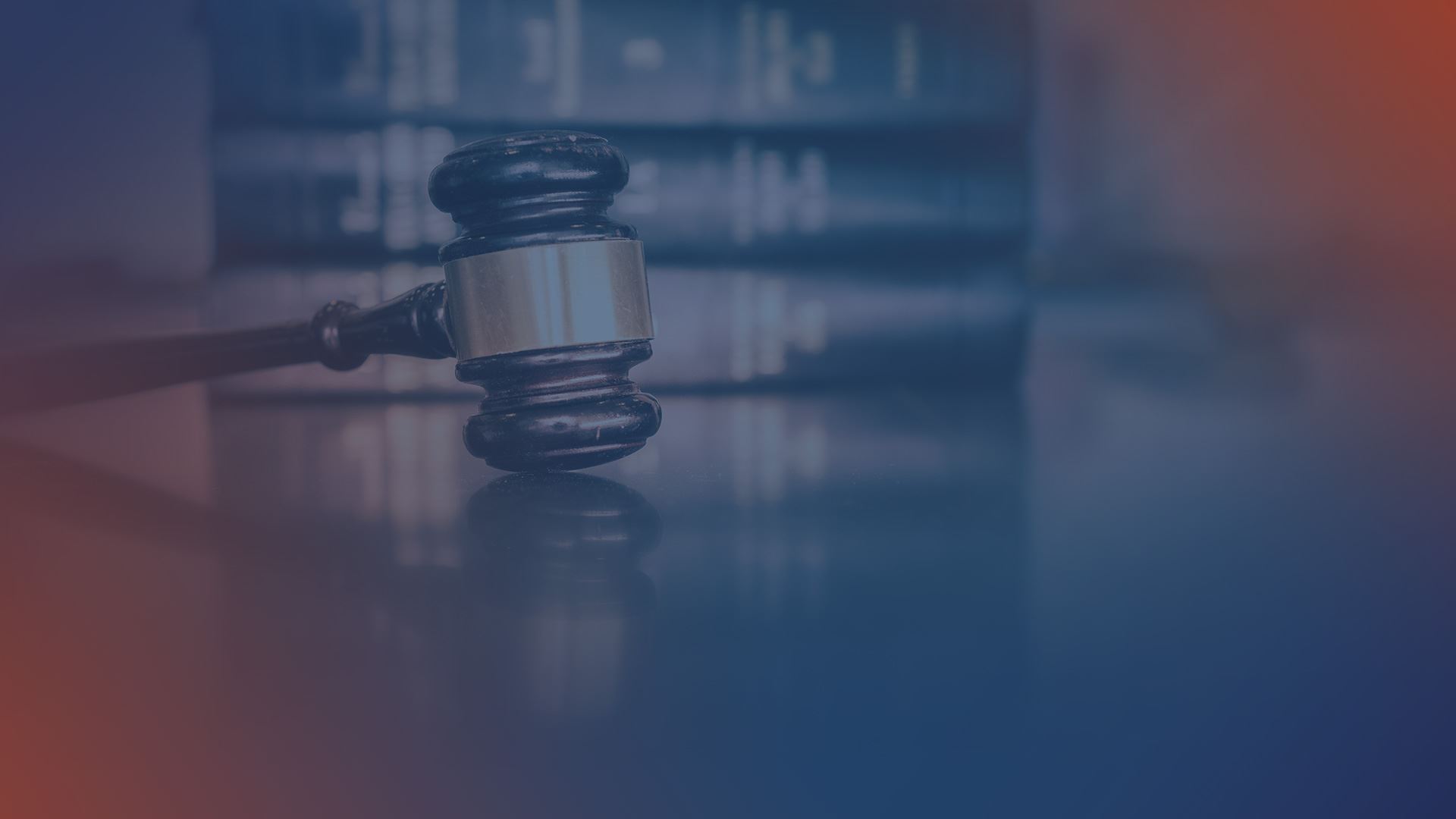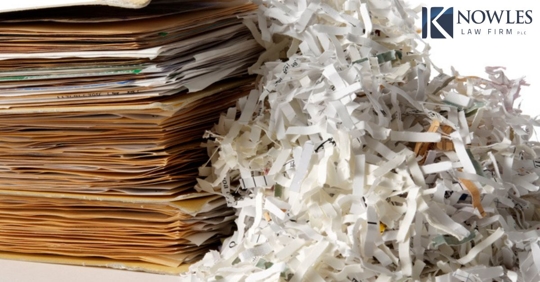Understanding Pretrial Diversion Programs
When you find yourself facing criminal charges, the path forward can feel overwhelming. But sometimes, the system offers a way that lets you avoid going through a full trial or a criminal conviction—if you qualify. Pretrial diversion programs are one of those options that can help you move past this without the weight of a formal conviction hanging over you.
What Is Pretrial Diversion?
Think of pretrial diversion as a chance to hit pause on the usual court process. Instead of immediately moving toward a trial and possible conviction, these programs give you an opportunity to meet certain conditions—like completing community service, attending classes, or going to counseling. If you stick with the program and meet its requirements, the charges can often be dropped.
These programs mostly target non-violent offenses and people who don’t have a serious criminal history. Common cases include things like petty theft, minor drug possession, or simple assault charges. The idea is to help you take responsibility and make positive changes, rather than just handing down punishment.
Who Qualifies?
Not everyone gets this option. Usually, the courts look for first-time offenders or those facing lesser charges. Your willingness to cooperate and follow through with the program plays a big role, too. Sometimes, the person harmed in the case might have input on whether diversion is even an option.
If you’re accepted, you’ll likely need to sign an agreement promising to meet certain conditions. That could mean no drug or alcohol use, no new legal trouble, or completing community service. Falling short on any of these can mean losing the diversion opportunity and facing the original charges again.
Why It Matters to You
The biggest advantage? No criminal conviction on your record if you complete the program successfully. That can make a huge difference when you’re trying to find a job, apply for school, or just move on with life. Instead of carrying the stigma of a conviction, you get a clean slate and a chance to rebuild.
Pretrial diversion also gives you tools—like education or counseling—that can help keep you out of trouble in the future. It’s not just about avoiding punishment; it’s about setting yourself up for a better path.
What Happens Legally When You Enter Diversion?
Is It a Conviction?
A lot of people wonder if entering diversion means they’ve been convicted. The answer is usually no—if you finish the program as agreed, the charges are dismissed, and there’s no formal conviction on your record. But it’s important to remember that the details can vary depending on where you live.
Some places may keep a record of your participation in diversion without labeling it as a conviction. Knowing how your jurisdiction treats this can help you understand what shows up on background checks.
What About Your Criminal Record?
Completing diversion means the charges won’t show as convictions, but the arrest itself may still be on file. Depending on the rules in your area, those records might be visible to law enforcement or certain agencies unless you take extra steps like sealing or expunging your record.
Sealing or expungement can help you clear away those remaining marks. Without taking these steps, some employers or licensing boards might still see your arrest history, which could cause problems.
What If You Don’t Complete the Program?
Missing a session, breaking the rules, or running into new legal trouble can all lead to being kicked out of the diversion program. When that happens, your original case moves forward like diversion never happened—often with harsher consequences.
Because of this, it’s crucial to take the program seriously and stay on top of your commitments. The benefits depend entirely on your ability to follow through.
Clearing Your Record: Sealing vs. Expungement
What’s the Difference?
Both sealing and expungement limit who can see your criminal history, but they’re not the same. Sealing usually just hides your record from public view—like employers or schools—but the government might still have access. Expungement is a step further, often erasing the record completely as if it never happened.
The rules for qualifying and applying for each can be very different depending on where you live. Expungement is often harder to get and has more requirements.
Am I Eligible?
If you’ve completed diversion for a minor, non-violent offense and don’t have a complicated criminal history, you might qualify for sealing or expungement. Some places even automatically seal records after diversion without extra paperwork, but others require you to apply and wait through a process.
Knowing the rules where you live makes all the difference.
How Do I Start?
You’ll generally need to submit paperwork to the court proving you finished your diversion program and meet the qualifications. There may be fees involved, and in some cases, you might have to attend a hearing. Having guidance through this process can be a huge help, so you don’t miss anything important.
What Affects Your Chances?
Where You Live Matters
State and local laws vary widely. What’s possible in one city might not be in another. Courts can also differ in how strict they are when approving record clearing. Knowing the local system is key.
Why Legal Help Can Make a Difference
Having a lawyer who understands your local courts and laws can really improve your odds. They can help file the right paperwork, meet deadlines, and make a strong case for why your record should be cleared.
Your Personal Situation Counts
Courts look at more than just your charges. How long it’s been since you completed diversion, your behavior since then, and your ties to the community all matter. Showing you’ve stayed on the right path makes a big impression.
Moving Forward: What You Should Know
What a Clean Record Can Do
With your record sealed or expunged, many doors open. Jobs, education, housing—all become easier to access without a criminal history standing in your way.
That said, some government agencies might still see your past in rare cases. It’s good to know exactly what’s private and when you might need to disclose your history.
Common Roadblocks
The process can get tricky. Paperwork mistakes, confusing rules, or court delays can slow you down or cause problems. Being prepared and getting advice helps smooth the way.
Where to Turn for Support
Legal aid, local clinics, and support groups can offer guidance and encouragement. If you’re in Scottsdale, AZ, there are resources tailored to your area to help you through this.
Legal troubles are tough, but you don’t have to do it alone. At Knowles Law Firm, PLC, we stand ready to help you understand diversion programs and navigate record-clearing options.
For guidance you can trust, call us today at (602) 702-5431 and let us help you reclaim your future.

